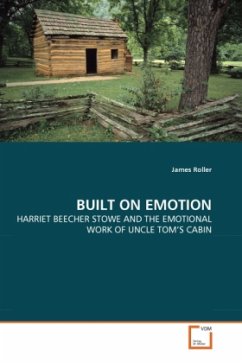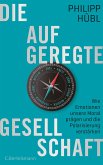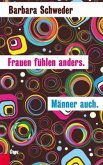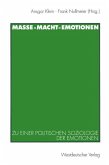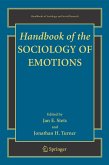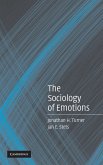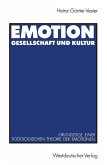Except for the Bible, Uncle Tom's Cabin, by Harriet Beecher Stowe, was the largest selling book during the nineteenth century. Modern emotion theorists have produced extensive scholarship exploring the ways in which Uncle Tom's Cabin functioned within antebellum America, and the ways in which it changed the American slavery debate. Applying emotion theory, James Roller explains how Stowe's family history and regional location contributed to her ability to address a variety of audiences with her novel. He describes how Uncle Tom's Cabin employs many rhetorical strategies from American antislavery writing, and examines the ways in which the text was received in American society with a particular emphasis on the book's contemporary reviews. Finally, he discusses the ways in which Stowe's approach to writing changed in the aftermath of the novel's release, and the drastic transformation it made in her life.
Bitte wählen Sie Ihr Anliegen aus.
Rechnungen
Retourenschein anfordern
Bestellstatus
Storno

